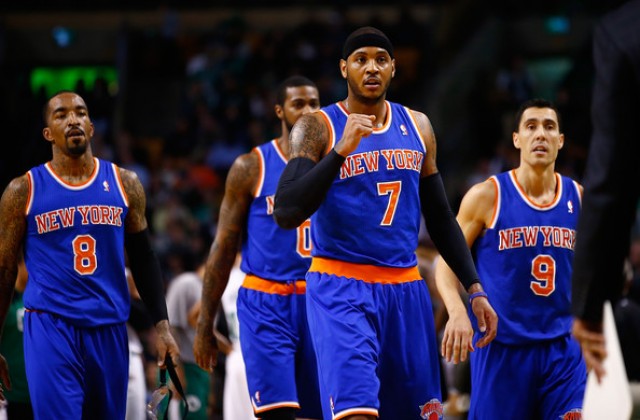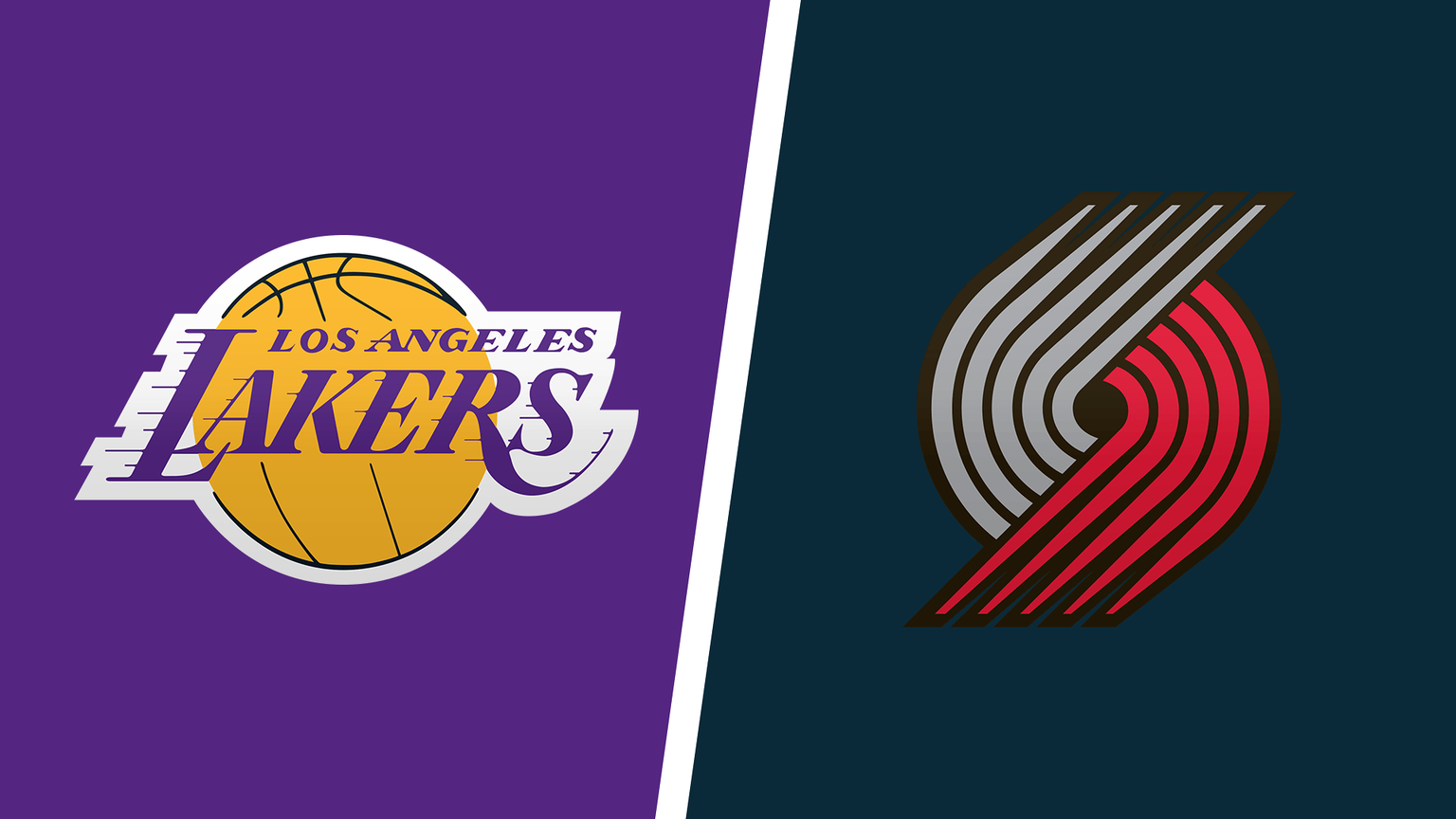Epic Games Faces Renewed Scrutiny: Fortnite In-Game Store Practices Questioned In New Lawsuit

Table of Contents
Epic Games, the powerhouse behind the globally popular battle royale game Fortnite, is facing renewed scrutiny over its in-game store practices. A new lawsuit alleges deceptive and manipulative tactics employed within the Fortnite item shop, sparking a fresh debate about the ethical implications of loot boxes and in-app purchases in video games. This article delves into the specifics of the lawsuit and explores the broader implications for the gaming industry.
The Core Allegations of the Lawsuit
The lawsuit, filed on behalf of multiple plaintiffs, alleges that Epic Games engages in deceptive and manipulative practices within Fortnite's in-game store, violating consumer protection laws. The core claims revolve around misleading pricing structures, manipulative game design intended to encourage impulsive spending, and targeted marketing towards children and vulnerable players.
- Misleading Pricing: The lawsuit argues that the pricing of virtual items is intentionally unclear and designed to obfuscate the true cost, making it difficult for players to make informed decisions. This includes the use of psychological pricing techniques and hidden costs associated with in-game purchases.
- Manipulative Design: The plaintiffs contend that Fortnite's design actively encourages impulsive buying. Features like limited-time offers, countdown timers, and the use of "loot boxes" (though not explicitly present in Fortnite in the same way as other games) with randomized rewards create a sense of urgency and scarcity, pushing players to spend more than they intended.
- Targeting of Children: A significant allegation is that Epic Games’ marketing and in-game store practices specifically target children and adolescents, exploiting their susceptibility to impulsive spending and their limited understanding of financial consequences. The lawsuit highlights the accessibility of in-app purchases within the game’s interface and the lack of sufficient parental controls.
The legal basis of the lawsuit rests on claims of deceptive trade practices and unfair competition, alleging that Epic Games knowingly exploits these vulnerabilities for profit.
The Mechanics of Fortnite's In-Game Store
Fortnite's in-game store, a significant revenue driver for Epic Games, offers a wide array of cosmetic items such as skins, emotes, and other visual enhancements. These items are purchased using V-Bucks, the game's virtual currency, which can be bought with real money. While Fortnite doesn't explicitly use loot boxes in the same way as some other games, the system still presents similar elements of chance and unpredictability:
- Battle Pass: The Battle Pass, a seasonal offering, provides players with various rewards as they progress. While not strictly randomized, the specific rewards are not fully disclosed upfront, creating some element of surprise and potentially encouraging further spending to obtain desirable items.
- Item Shop Rotation: The availability of items in the in-game store changes regularly, creating a sense of scarcity and urgency to purchase items before they're gone. This contributes to the pressure to spend money.
- Pricing Strategies: The pricing structure often uses psychological pricing, such as $9.99 instead of $10, to make purchases seem less expensive than they actually are. This can lead to impulse buys, especially among younger players.
Previous Criticisms and Regulatory Scrutiny
This lawsuit isn't the first time Fortnite's monetization has drawn criticism. Past concerns have focused on:
- Addictive Gameplay: The addictive nature of the game itself, combined with the readily available in-game purchases, has been cited as a significant concern, particularly for younger players.
- Unintentional Spending: Numerous reports of children accruing significant charges on their parents' accounts without their knowledge or consent have fueled public and regulatory scrutiny.
- International Regulations: Growing global concern over loot boxes and in-app purchases has led several countries to consider or implement regulations to protect consumers, particularly children, from potentially exploitative monetization practices. These regulations often mandate increased transparency and stricter controls over in-game purchases.
Epic Games' Response and Potential Outcomes
Epic Games has not yet issued a formal response to the specific allegations in this lawsuit. However, previous responses to similar concerns have generally emphasized the voluntary nature of purchases and the entertainment value provided by the game. The potential outcomes of this lawsuit are wide-ranging:
- Financial Penalties: Epic Games could face substantial fines and penalties if found guilty of violating consumer protection laws.
- Policy Changes: The lawsuit could force Epic Games to make significant changes to its in-game store practices, including increased transparency in pricing, clearer warnings about potential costs, and enhanced parental controls.
- Industry-Wide Impact: The outcome of this case could set a significant legal precedent, influencing how other game developers structure their in-game stores and monetization strategies.
The Broader Implications for the Gaming Industry
This lawsuit has significant implications for the broader gaming industry. It highlights the growing debate about responsible game design and monetization, particularly concerning the ethical considerations of targeting vulnerable players. The potential for legal repercussions will likely lead to increased scrutiny of in-game purchase practices across the industry, fostering a greater focus on:
- Transparency: Developers will likely be pushed to adopt more transparent pricing and purchasing systems.
- Player Protection: Enhanced parental controls and improved safeguards against unintended spending will likely become more common.
- Ethical Considerations: The industry will be further challenged to balance the need for revenue generation with the ethical responsibility to protect players.
The lawsuit against Epic Games regarding Fortnite in-game store practices highlights the crucial need for ethical and transparent monetization methods in the gaming industry. What are your thoughts on this issue? Share your opinions using #FortniteLawsuit #InGamePurchases #GamerRights.

Featured Posts
-
 The China Factor Analyzing The Automotive Market Difficulties For Bmw Porsche And Competitors
May 17, 2025
The China Factor Analyzing The Automotive Market Difficulties For Bmw Porsche And Competitors
May 17, 2025 -
 Track Roundup Recognizing Excellence In Conference Competition
May 17, 2025
Track Roundup Recognizing Excellence In Conference Competition
May 17, 2025 -
 Budget Friendly Buys Quality Without Compromise
May 17, 2025
Budget Friendly Buys Quality Without Compromise
May 17, 2025 -
 High School Confidential 2024 25 Week 26 Recap
May 17, 2025
High School Confidential 2024 25 Week 26 Recap
May 17, 2025 -
 Fargos Sheyenne High Recognizes Outstanding Science Teacher Eagleson
May 17, 2025
Fargos Sheyenne High Recognizes Outstanding Science Teacher Eagleson
May 17, 2025
Latest Posts
-
 Tracy Morgan In The News Current Events And Updates
May 17, 2025
Tracy Morgan In The News Current Events And Updates
May 17, 2025 -
 Ny Knicks Vs Brooklyn Nets Nba Season Finale Free Live Stream Guide April 13 2025
May 17, 2025
Ny Knicks Vs Brooklyn Nets Nba Season Finale Free Live Stream Guide April 13 2025
May 17, 2025 -
 March 13 2025 Nba Game Knicks Vs Trail Blazers Live Updates 77 77
May 17, 2025
March 13 2025 Nba Game Knicks Vs Trail Blazers Live Updates 77 77
May 17, 2025 -
 Tracy Morgan Breaking News And Recent Highlights
May 17, 2025
Tracy Morgan Breaking News And Recent Highlights
May 17, 2025 -
 Watch Ny Knicks Vs Brooklyn Nets Live Stream 4 13 25 Game Time Tv Channel
May 17, 2025
Watch Ny Knicks Vs Brooklyn Nets Live Stream 4 13 25 Game Time Tv Channel
May 17, 2025
